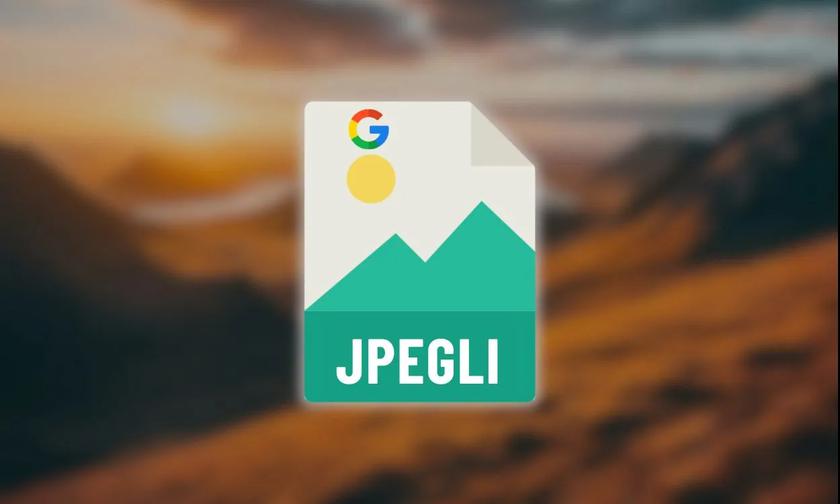
Google introduces Jpegli – a new JPEG encoding library
Google is making a breakthrough in the world of digital imaging with a new encoding library, Jpegli, which promises to change the way JPEG images are created and consumed. Designed to improve the efficiency of the traditional JPEG format, Jpegli offers significant improvements in web page loading speed, image quality, and storage space savings.
One of the key advantages of Jpegli is its high backward compatibility with existing formats, allowing users to easily switch to a new technology. With high-quality compression settings, Jpegli delivers up to 35% better compression than traditional methods, making images lighter without sacrificing quality.
By using the latest image processing techniques, Jpegli significantly reduces noise and improves the visual appeal of images, making them brighter and with fewer noticeable artifacts. This improvement not only enriches the visual experience of users, but also helps to preserve details and textures in images.
The Jpegli encoder and decoder are fully compatible with the original JPEG standard, which guarantees easy integration with existing systems and applications. The ability to encode images with 10 or more bits per component opens up new possibilities for photographers and designers to create deeper, richer images.
In addition to significantly improving quality and efficiency, Jpegli plays a key role in reducing the digital footprint, saving bandwidth and storage space. This not only speeds up web page loading, but also reduces traffic and storage costs, which is important for web developers and website owners.
With these innovations, Jpegli is setting new standards for image encoding, promising to revolutionize the way digital content is shared and visualized on the Internet.

